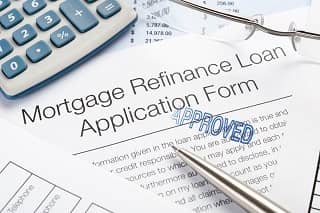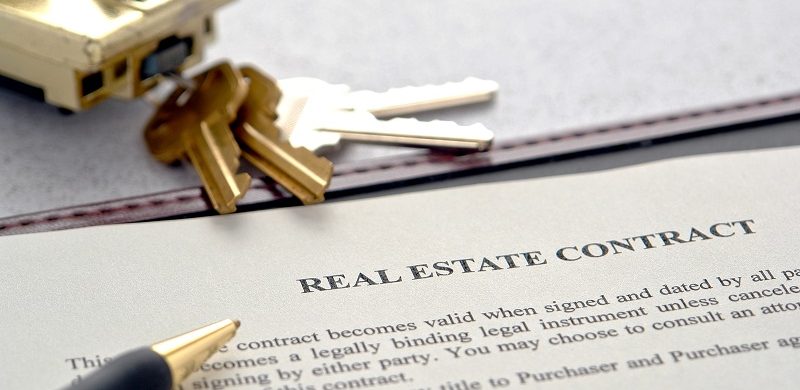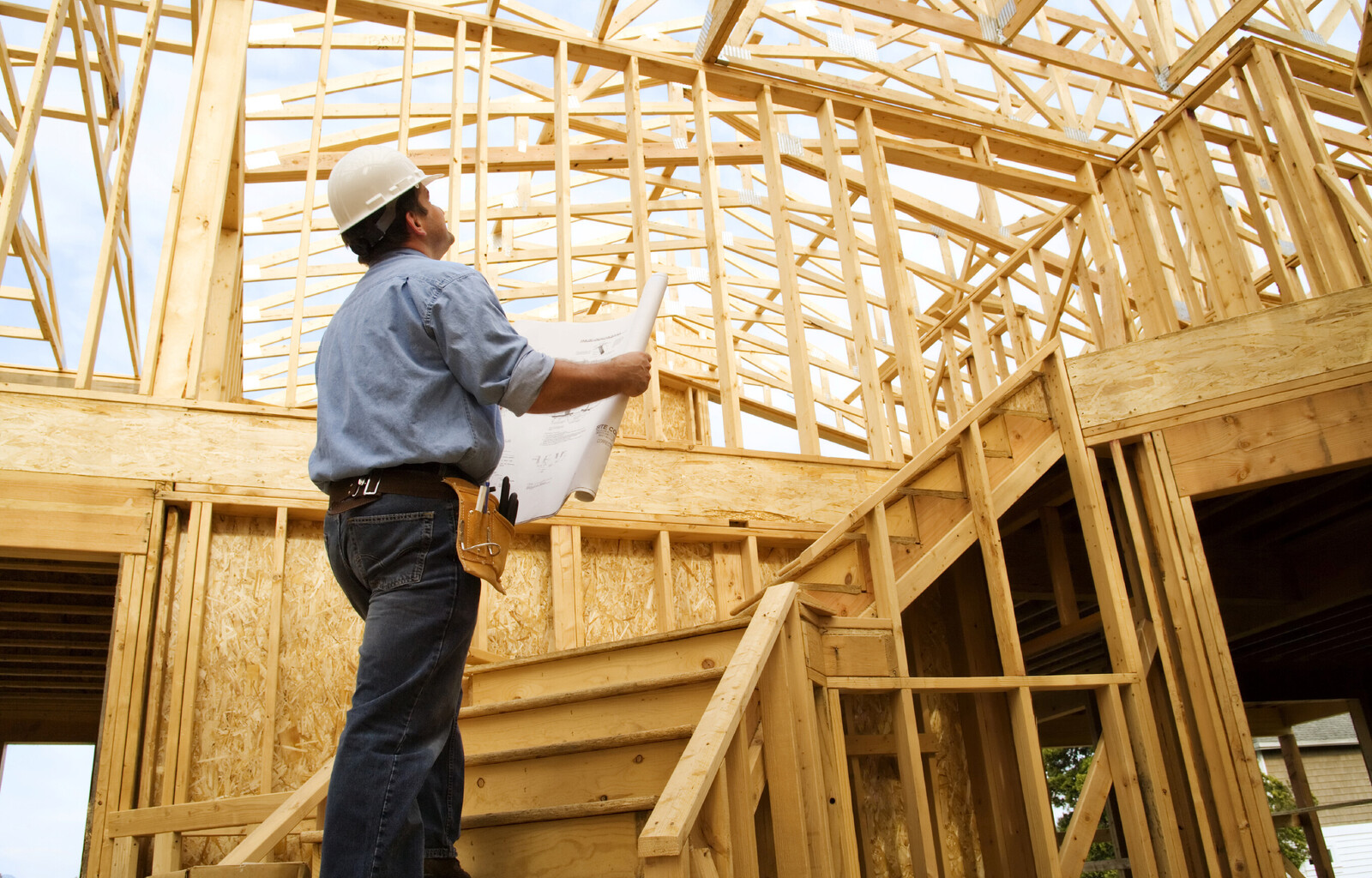What You Need to Know About Home Inspections
What You Need to Know About Home Inspections: A Complete Guide
Buying or selling a home is an exciting journey, but it’s also a process that requires careful attention to detail. One crucial step that often makes or breaks a real estate transaction is the home inspection. Whether you’re a buyer, seller, or just curious about the process, here’s everything you need to know about home inspections and why they’re so important.
What Is a Home Inspection?
A home inspection is a professional evaluation of a property’s condition, typically conducted by a certified home inspector. The inspector examines major components of the home—such as the roof, foundation, plumbing, electrical systems, and HVAC—and identifies any potential issues or safety concerns.
The goal of a home inspection is to provide transparency about the property’s condition, allowing buyers and sellers to make informed decisions.
Why Are Home Inspections Important?
For Buyers:
- Peace of Mind: An inspection ensures there are no hidden surprises with the property.
- Negotiation Power: If issues are uncovered, buyers can request repairs or negotiate the price.
- Long-Term Savings: Catching problems early can save money on future repairs.
For Sellers:
- Avoid Surprises: Conducting a pre-listing inspection helps identify and address issues before listing.
- Faster Sales: Homes with recent inspections can appeal to buyers as they reduce uncertainty.
- Transparency: Demonstrating the home’s condition builds trust with potential buyers.
What Does a Home Inspection Cover?
While each inspection varies, most follow a comprehensive checklist, including:
- Structural Elements: Foundation, walls, floors, ceilings, and roof.
- Exterior Features: Siding, doors, windows, gutters, and drainage.
- Interior Systems: Electrical wiring, outlets, plumbing, and HVAC systems.
- Appliances: Functionality of built-in appliances like stoves, dishwashers, and water heaters.
- Attic and Basement: Insulation, ventilation, and signs of water damage or pests.
What’s Not Typically Covered:
- Swimming pools or hot tubs.
- Septic systems or private wells.
- Asbestos, mold, or lead paint testing.
These may require specialized inspections.
How to Prepare for a Home Inspection
For Buyers:
- Be Present: Attend the inspection to ask questions and better understand the findings.
- Bring a Notebook: Take notes on anything the inspector points out.
- Follow Up: If the report highlights major issues, consult professionals for estimates or opinions.
For Sellers:
- Clean and Declutter: Make it easy for the inspector to access key areas like the attic, basement, and crawlspaces.
- Fix Minor Issues: Address small repairs, like leaky faucets or loose doorknobs, ahead of time.
- Provide Documentation: If you’ve recently completed repairs or upgrades, have the receipts or warranties ready.
What Happens After the Inspection?
Once the inspection is complete, the inspector will provide a detailed report highlighting any issues or concerns.
For Buyers:
- Review the Report: Decide if you’re comfortable with the findings or want to renegotiate the deal.
- Request Repairs: Provide the seller with a list of requested fixes or ask for a price reduction.
For Sellers:
- Address Requests: Decide which repairs you’re willing to complete or negotiate an alternative arrangement.
- Disclose Issues: In some cases, sellers must disclose known defects to future buyers.
FAQs About Home Inspections
-
How much does a home inspection cost?
The cost typically ranges from $300 to $500, depending on the home’s size and location. -
Can a house fail an inspection?
No, inspections don’t result in pass or fail grades. They simply highlight a home’s condition. -
Should I skip the inspection for a competitive offer?
Waiving an inspection might make your offer more attractive in a hot market, but it’s a significant risk. Consider alternatives, like an informational-only inspection.
Final Thoughts
Home inspections are an essential step in the real estate process, offering buyers and sellers valuable insights into a property’s condition. By understanding what inspections involve and preparing accordingly, you can navigate this step with confidence and set the stage for a successful transaction.
Whether you’re buying your first home or preparing to sell, a knowledgeable real estate professional can guide you through the inspection process and help you make the most of the findings.
Categories
Recent Posts










GET MORE INFORMATION

